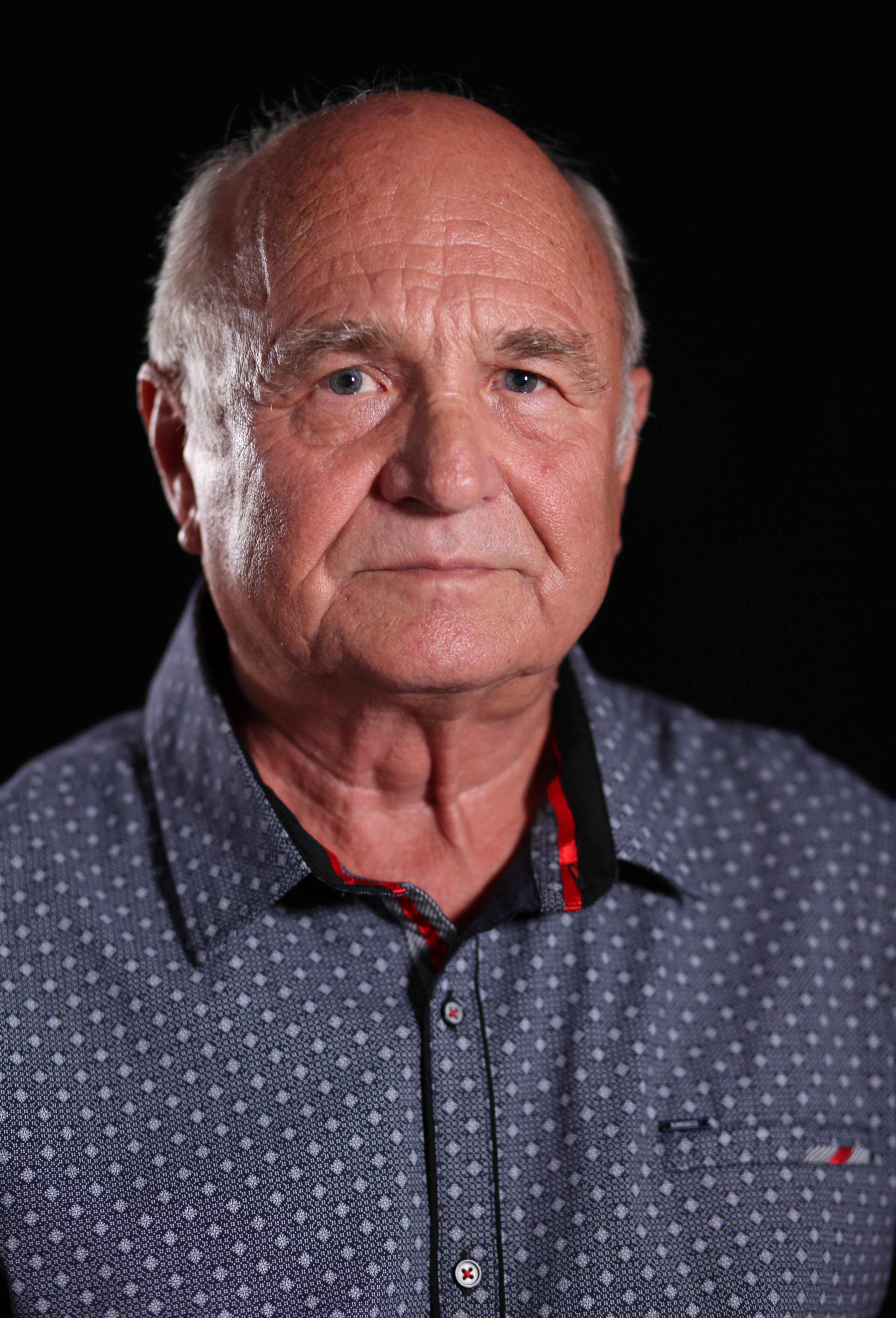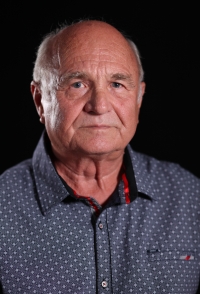Everyone wanted a better future, but not like what we have now

Download image
Ladislav Broďáni was born on 27 January 1946 in the village of Lužianky in the Nitra region of Slovakia. His father Ľudovít Broďáni was captured by the Nazis during World War II and subsequently imprisoned in a German labour camp. Ladislav Broďáni graduated from primary school in Lužianky, then went to secondary industrial school in Partizánske. At the same time, he began to work in the folk music ensemble Jánošík. In 1964, he entered compulsory military service in Hranice na Moravě. In the same period he joined the Communist Party of Czechoslovakia, of which he remained a member until the Velvet Revolution. After the war, he worked at the 29. augusta Partizánske Works. From early childhood he played the violin. Thanks to his involvement in the musical group Janosik, he visited many countries during the previous regime, not only in the Eastern Bloc, but also e.g. Germany and France. After 1989, until his retirement, he was in the business of building fireplaces and stoves. In 1995 he founded the folk music ensemble Jánošík senior. At the time of the interview (2020) Ladislav Broďáni lived in Partyzánské.
